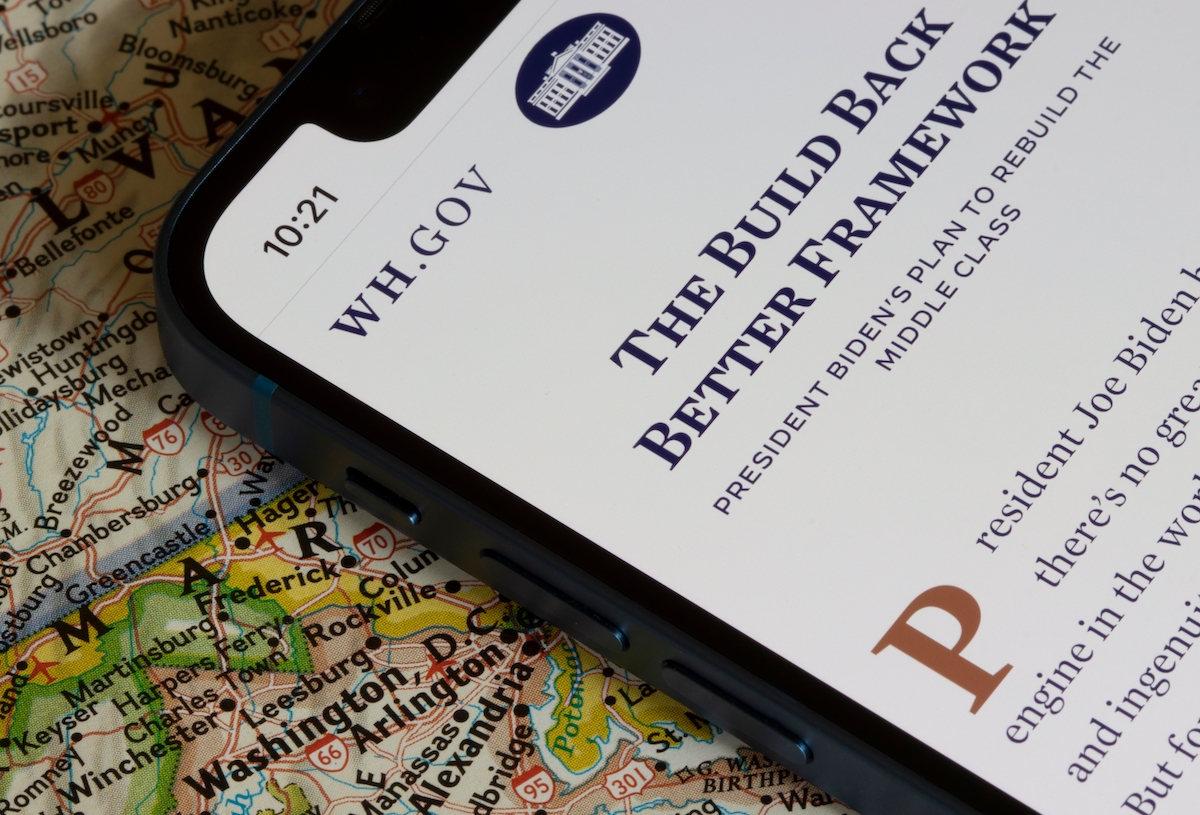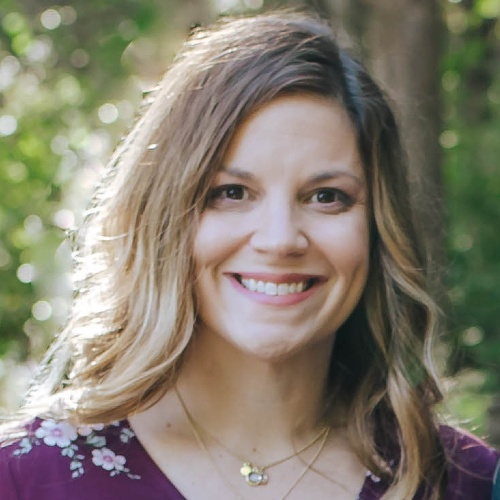Olin research informs Build Back Better legislation
- February 3, 2022
- By Sara Savat
- 3 minute read

At Olin Business School, “values based, data driven,” is a pillar that informs our decisions and strategic plans. Recently, John Barrios, assistant professor of accounting, brought that principle to Washington, DC, where his research helped inform and ultimately shape a feature of the Build Back Better legislation.
Attracting and supporting entrepreneurship and investment in communities is a crucial driver of economic growth and is one goal on which Republicans and Democrats can agree. Startups require significant capital, though. That’s where venture capital funds come into the picture.
Venture capital firms raise funding for startups or emerging companies that have been deemed to have high growth potential in exchange for equity or ownership in the company.
“Unlike the large hedge funds and private equity funds, venture capital funds are typically smaller in size and scale,” Barrios explained. “Fund managers usually sit on the company’s board and may be involved in day-to-day operations like a consultant.”
Carried interest
Aside from management fees—which are minimal and primarily cover operational costs—venture capital managers mainly make money when the investments are profitable. Their cut of the profit is known as carried interest. Carried interest is currently taxed as a capital gain rather than general earned income. This method of taxing makes venture capital more worthwhile for managers.
To outsiders, though, taxing carried interest at capital gains rates looks like a loophole for the rich to minimize their tax burden, Barrios said. So it wasn’t surprising that the initial version of the Build Back Better legislation included a provision to tax carried interest as general earned income.
Barrios and Yael Hochberg, at Rice University, wanted to study the potential impact of these tax changes on the economic attractiveness of new venture capital fund formation. In other words, would increased taxes on carried interest turn away would-be fund managers? And, if so, what impact would this have across the country?
“Such tax changes have the potential to have far-reaching effects on the creation and growth of innovation-driven entrepreneurial ventures in precisely the locations where policymakers are often seeking to increase entrepreneurial activity and growth,” the authors wrote.
Findings inform policymakers
The researchers used data from the Private Capital Research Institute/Burgiss and PitchBook, which provided information about funds by state and size. From that data, Barrios and Hochberg generated sample income streams for a venture capital fund manager for funds of varying sizes over the life of a single fund under the current tax taxation regime as well as under the proposed tax regime that taxes carried interest at ordinary income rates.
They then compared those potential incomes for fund managers to the average wage earnings for a person with similar education and experience, by state, adjusting for cost of living and other factors.
Their analysis found that changing the taxation regime for carried interest from long-term capital gains rates to ordinary income rates would significantly reduce the attractiveness of forming a new fund for the vast majority of funds in US states other than California, Massachusetts and New York.
“Given the importance of VC [venture capital] funding for US innovation, our findings may serve to inform and aid policymakers in their current deliberations as they consider, design, and implement potential new tax laws that will affect the VC industry,” they wrote.
As previously noted, the findings did inform and aid policymakers. The proposal of taxing carried interest as earned income was struck from the Build Back Better legislation, which is currently stalled but not dead.
Innovation in mid-America
Barrios said this is good news for cities across the country—like St. Louis—that have made generating new businesses a top priority.
“If we really want to foster entrepreneurial hubs and stimulate investments in middle America, it’s going to take more than tax credits. You need capital, and that comes from VCs,” Barrios said.
“People have this vision of venture capital managers being really wealthy. In reality, starting a VC fund in mid-America is risky and not as profitable as you might think,” Barrios said. “More than 50% of them do not make a positive return. Even successful partners could reasonably make a comparable income working a nine-to-five job at a consulting firm.
“Changing the taxation would make it even less lucrative and would make it more difficult to get people to raise the capital needed to support the innovation happening in our communities.”
Media inquiries
For assistance with media inquiries and to find faculty experts, please contact Washington University Marketing & Communications.
Monday–Friday, 8:30 to 5 p.m.
Sara Savat
Senior News Director, Business and Social Sciences
